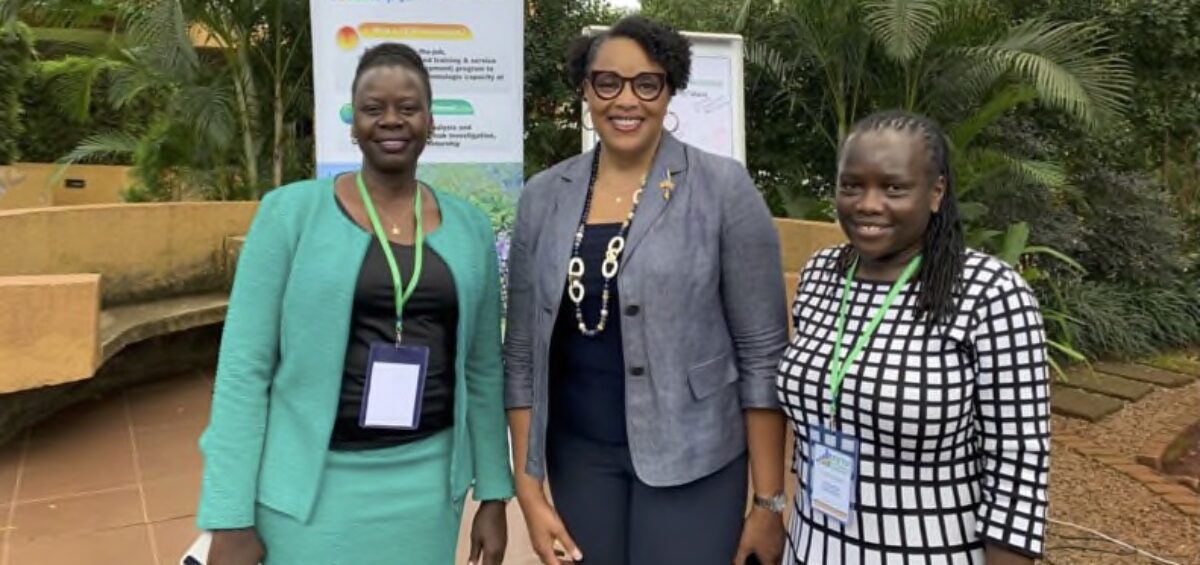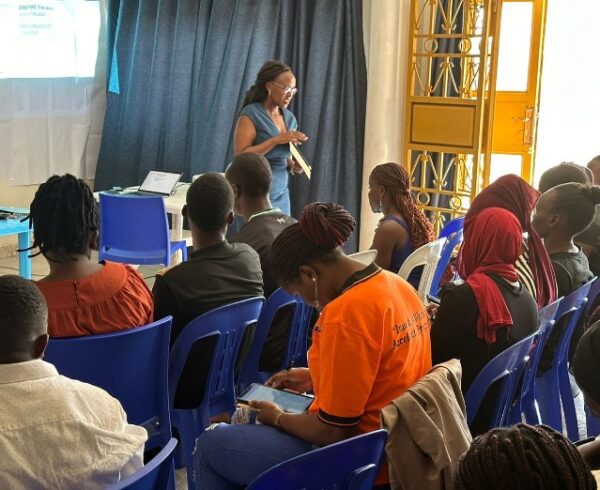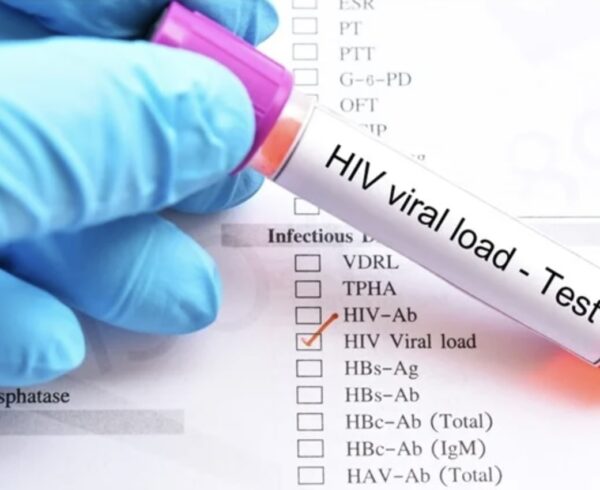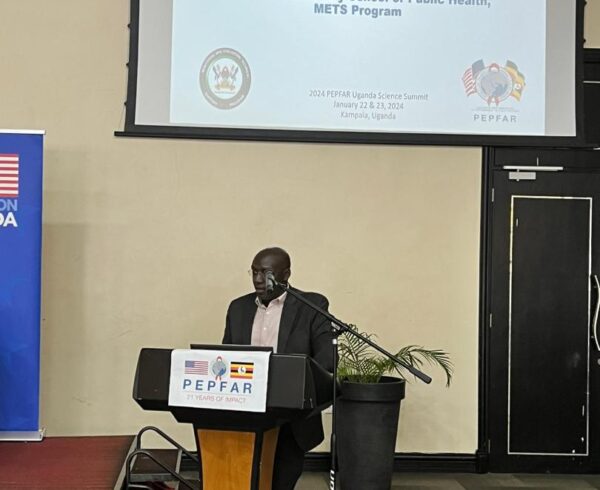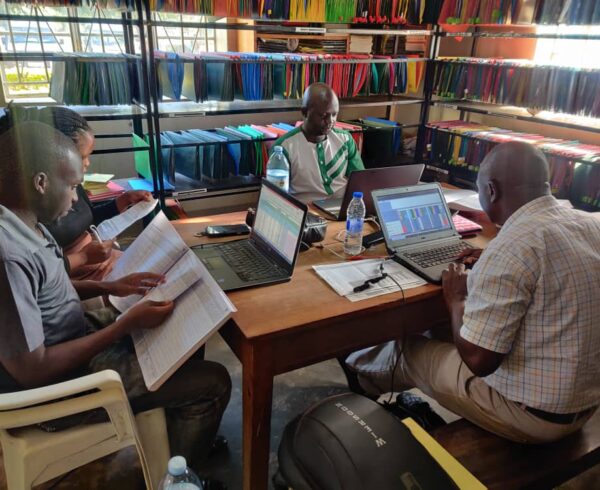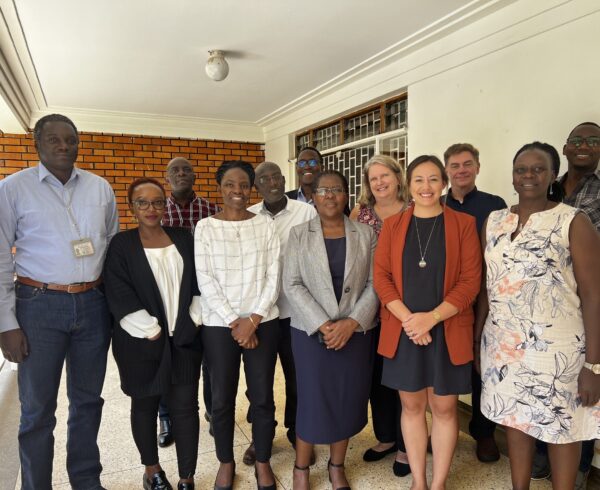CDC runs a Field Epidemiology Training Program (FETP) that trains a workforce that helps track, contain, and eliminate outbreaks before they become epidemics. In the event of disease threats, this workforce investigates and applies their knowledge to control spread of infection, hence the Program helps to detect and respond to threat. They quickly communicate crucial information about health problems in a community, including infectious and noncommunicable diseases and environmental hazards.
The first intermediate cohort of 17 fellows in Uganda were graduated on March 31, 2022 and the event was officiated by Her Excellency the US Ambassador to Uganda, Natalie Brown. The fellows presented a group project on how COVID-19 cases have been managed at the 4 Regional Referral Hospitals (RRHs). One key recommendation was to increase vaccination the country, a message that was reiterated by the Ambassador.
Distinguished guests in attendance were officials from Ministry of Health; the Commissioner Surveillance and Public Health Emergencies, Dr. Allan Muruta, Director National Public Health Institute Dr. Alex Ario, CDC Representative Sandra Nabatanzi, Directors from 3 RRH of Kabale, Naguru & Entebbe, Assistant Commissioner Division of Health Informatics (DHI) – Paul Mbaka, Director AFENET – Dr. Simon Antara, as well as the Manager Programs Makerere University School of Public Health METS Program, Evelyn Akello.
The Manager Programs METS in her remarks congratulated the graduands and gave a brief of key activities of the METS Program and how they contribute to the Ministry of Health.
During her remarks, CDC Resident Advisor FETP Uganda, Dr. Julie Harris emphasized the need to detect and control epidemics which had proven a challenge. “It is key to find them early and identifying the most affected areas/populations and implement interventions to stop the spread of disease as soon as possible. By agreeing to become a trained field epidemiologist, you also are agreeing to be part of the public health leadership force that carries out these response activities and uses data to guide decision-making” she added.
Assistant Commissioner DHI Paul Mbaka requested METS to support the Ministry of Health to develop Health Management Information System (HMIS) collection tools.
The Ambassador and the management of the FETP program appreciated the role of METS as a FETP / CDC partner and for implementing the program and expressed interest in knowing more about METS given the good things she heard about the program from the speakers.

